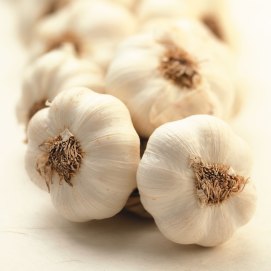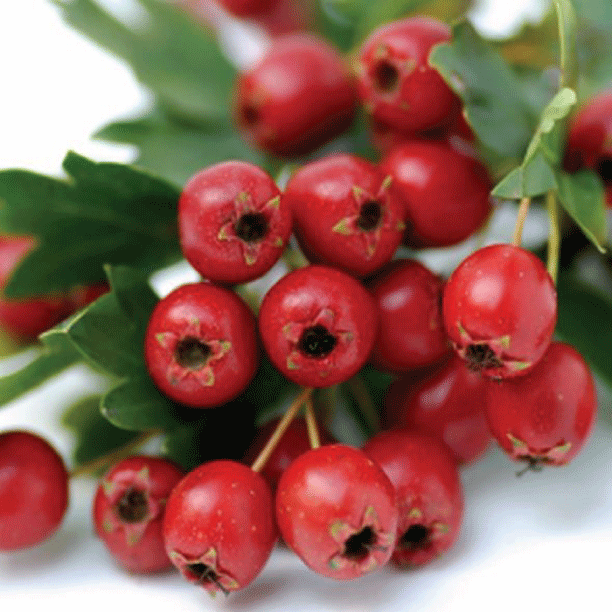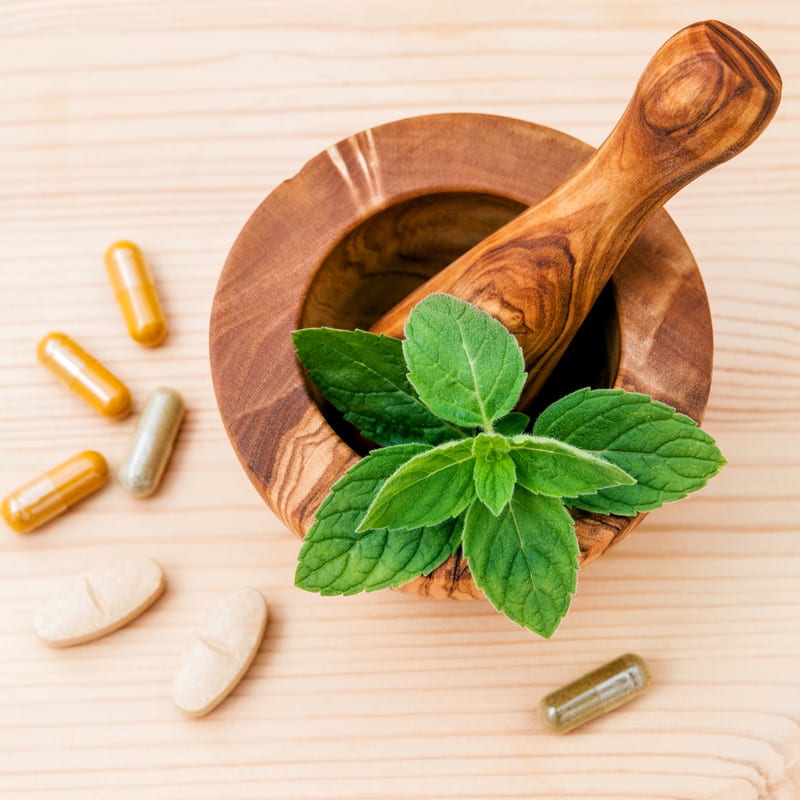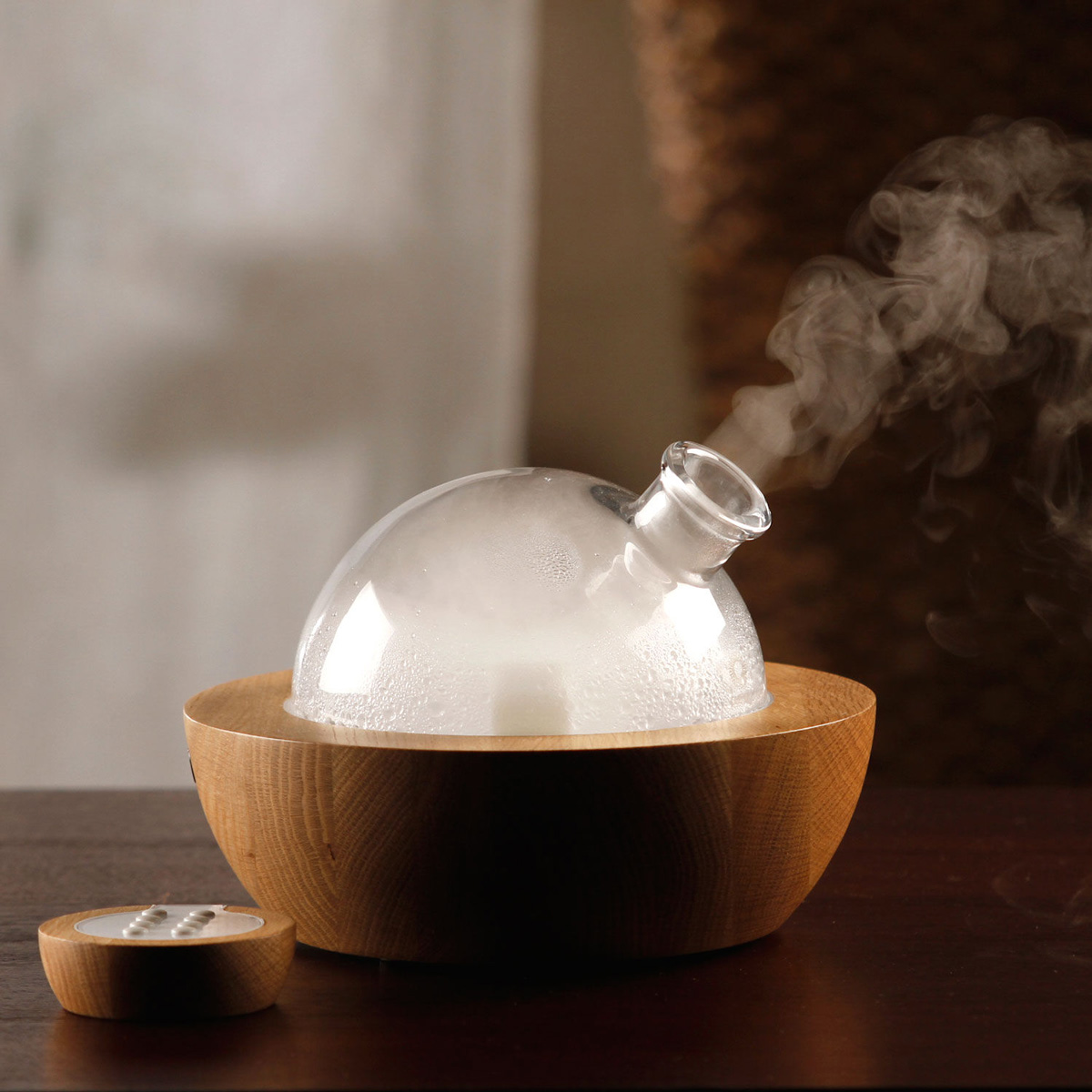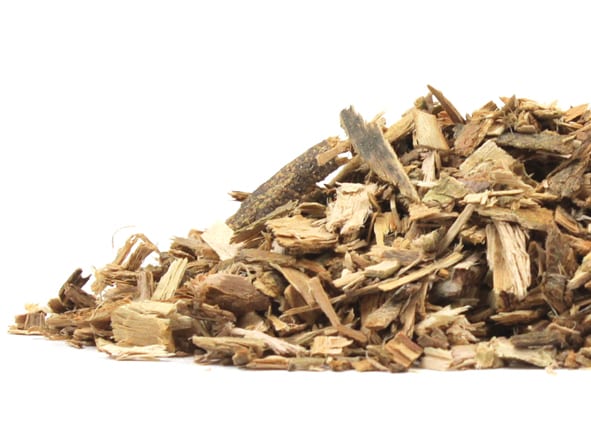Did you know that white willow bark–“Nature’s Aspirin”–banishes pain from headaches, migraines, back pain, bursitis, and arthritis as effectively as drugs, with less risk of dangerous side effects?
The pain relieving and anti-inflammatory properties of willow bark (Salix alba) are so powerful that it is sometimes referred to as “nature’s aspirin.” Salacin, the main active ingredient in white willow bark, is the chemical from which aspirin’s main active ingredient (salicylic acid) is derived.
White willow trees are native to Europe and western and central Asia. And since 500 B.C., white willow bark has been used in China and much of Europe to treat fevers and arthritis. During the time of Hippocrates, people were advised to chew on the bark of white willow to relieve pain and fever.
Since then, many modern studies have shown that white willow bark quickly and safely relieves pain and reduces inflammation.
Banish Headache Pain–Including Migraine Headache
White willow bark works well not only for headache pain, but for the debilitating pain associated with migraine headaches.
“As interest in natural medicine has grown, many people have begun to turn back to white willow as an alternative to aspirin,” says the University of Pittsburgh Medical Center’s website. And according to the University of Maryland Medical Center, scientific evidence shows white willow bark is less likely than other common pain relievers to cause gastrointestinal side effects such as upset stomach.esearchers speculate that white willow bark’s active ingredient, salacin, may be the reason it is gentler on the stomach than aspirin and other popular pain relievers. While aspirin’s effects come directly from salicylic acid, the salacin in white willow bark is converted into salicylic acid only after being absorbed in the body.
Proven Back Pain Relief
White willow bark is well proven against back pain.
In one well-designed study of 200 people with lower back pain, participants who took white willow bark “experienced a significant improvement in pain compared to those who received placebo.”
People who took 240 mg of salicin had better results than those who took lower doses of 120 mg.
In addition, the popular Dr. Mehmet Oz has recommended white willow bark extract for sciatic pain (symptoms including pain that may be caused by general compression or irritation of one of five spinal nerve roots that give rise to each sciatic nerve).
Excellent for Relieving Arthritis Pain
European herbalists have long treasured white willow bark for its ability to facilitate joint and muscle comfort. Rigorous scientific studies have proven that white willow bark is an excellent natural alternative for relieving pain from osteoarthritis and rheumatoid arthritis.
One small study examined people with osteoarthritis of the neck or lower back. Subjects given willow bark experienced better pain relief than those given placebo. Another study examined 78 patients hospitalized with osteoarthritis of the knee or hip joint. Again, those who received willow bark experienced better pain relief than those who received placebo.
“The analgesic actions of willow are typically slow to develop but may last longer than the effects of standard aspirin products,” says the University of Michigan Health System.
White willow bark is among the few herbal remedies that has been studied for bursitis, says the University of Michigan Health System.
Bursitis is a painful foot condition in which the fluid-filled sacs located in the joints become inflamed. This inflammation causes swelling and pain, which can be relived with white willow bark’s powerful anti-inflammatory effects. White willow bark is also often used to treat tendonitis.
How to Find and Use White Willow Bark
White willow bark (whole, powdered and in extract form) is widely available in natural foods stores, herbal stores, and online.
Natural health experts advise that white willow bark can be taken 3 to 4 times daily in the form of a tea made by boiling 1 to 2 tsp. of dried bark in 8 oz. of water.
Some people prefer to take white willow bark in a powdered and capsuled form (in doses of 60 to 240 mg of standardized salicin daily). Health practitioners caution that individuals should carefully follow dosage instructions and discuss use of any herbal remedies with their primary health care provider.
By Danica Collins
(Source: UndergroundHealthReporter.com, January 18, 2015; http://tinyurl.com/mdbkan3)


